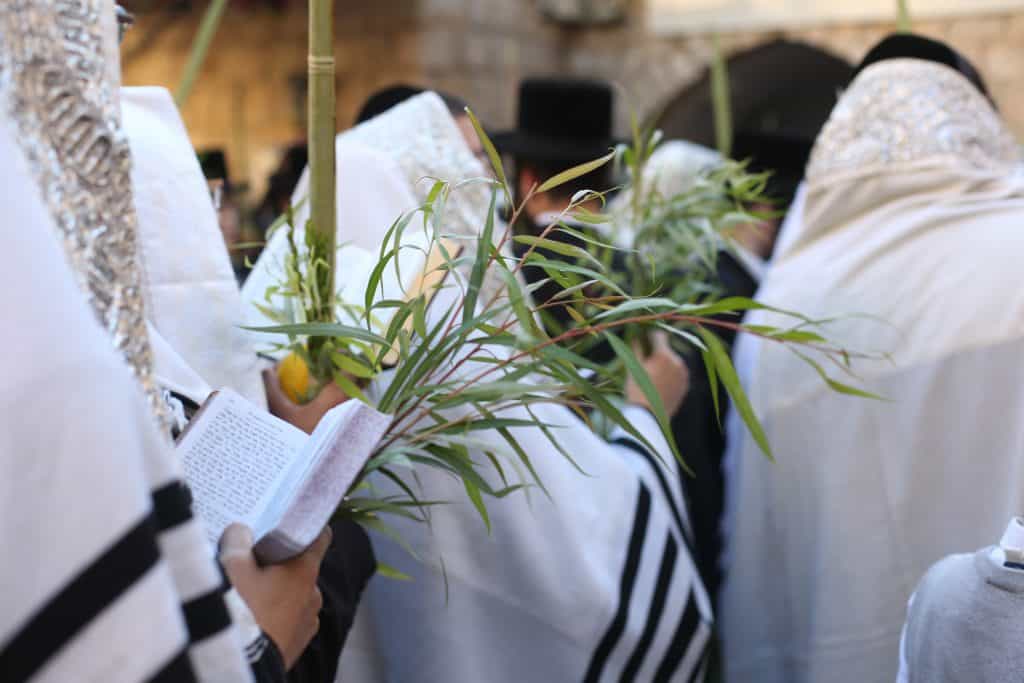Rosh Hashanah, one of the most significant holidays in the Jewish calendar, ushers in a time of reflection, renewal, and spiritual introspection. This two-day festival observed on the first and second days of the Hebrew month of Tishrei, marks the Jewish New Year and sets the tone for a period of repentance and self-examination. Let’s delve into the traditions, significance, and customs of Rosh Hashanah.
The Significance of Rosh Hashanah
The Jewish New Year: Rosh Hashanah, which means “Head of the Year” in Hebrew, represents the beginning of the Jewish calendar. It is a time to take stock of the past year and welcome the new one with hope and optimism.
Days of Awe: The holiday initiates the Ten Days of Awe, a period of intense reflection and self-examination that culminates in Yom Kippur, the Day of Atonement. It is a time to seek forgiveness and make amends for one’s sins.
The Divine Judgment: According to Jewish belief, on Rosh Hashanah, God opens the “Book of Life” and inscribes the fate of each individual for the coming year. It is a time to pray for a favorable judgment and a blessed year.
Customs and Traditions
Blowing the Shofar: One of the most iconic customs of Rosh Hashanah is the sounding of the shofar, a ram’s horn. The shofar’s blasts serve as a wake-up call, a reminder to repent, and a symbol of God’s sovereignty.
Special Prayers: Synagogues hold special Rosh Hashanah services featuring prayers, readings from the Torah, and the blowing of the shofar. The central prayer of Rosh Hashanah is the “Unetanneh Tokef,” which underscores the themes of judgment and repentance.
Tashlich: On the afternoon of the first day of Rosh Hashanah, it is customary to perform the Tashlich ritual, where individuals gather near a body of flowing water to symbolically cast away their sins by emptying their pockets or reciting prayers.
Festive Meals: Rosh Hashanah meals are festive and symbolic. Apples are dipped in honey to represent a sweet year ahead, and round challah bread, often sweetened with raisins, symbolizes the cycle of life.
New Year’s Greetings: People exchange greetings such as “Shanah Tovah Umetukah” (May you have a good and sweet year) to wish each other well for the coming year.
Attire: Many people dress in their finest clothes for the holiday, emphasizing the solemnity and importance of the day.
The Jewish Calender

Conclusion
Rosh Hashanah is a time of renewal and introspection, inviting individuals to reflect on their actions, seek forgiveness, and embrace the hope of a better year ahead. This holiday blends tradition and spirituality, bringing families and communities together to celebrate the Jewish New Year and strengthen their connection with God. As the shofar resounds and the prayers rise, The holiday embodies the enduring spirit of faith, renewal, and the promise of a fresh start.







